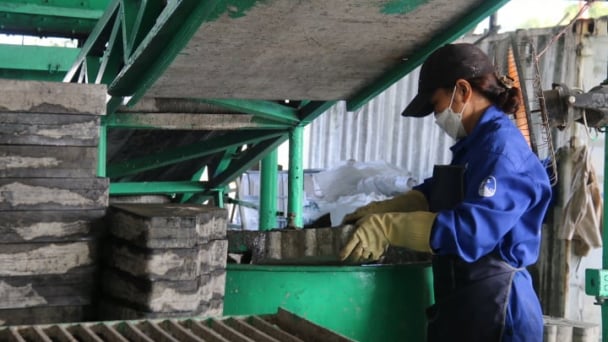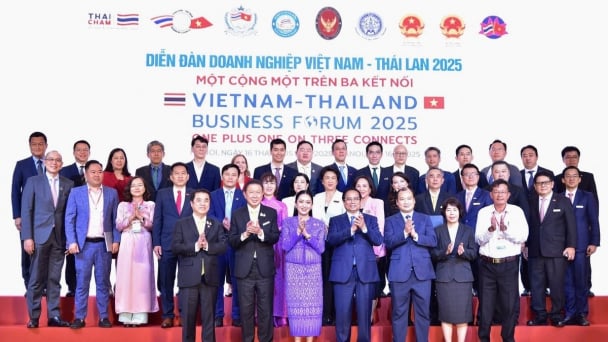May 19, 2025 | 20:29 GMT +7
May 19, 2025 | 20:29 GMT +7
Hotline: 0913.378.918
May 19, 2025 | 20:29 GMT +7
Hotline: 0913.378.918
This decision was made after the EC consulted with organizations, individuals, and governments worldwide, according to Reuters.
The EUDR was initially hailed as a landmark effort in the fight against climate change. However, countries and businesses from Brazil to Malaysia argue that it is protectionist and could potentially exclude millions of small-scale farmers from EU markets. Many in the industry have also warned that the EUDR could disrupt EU supply chains and drive up prices.
In March 2024, 20 of the 27 EU member states urged Brussels to reconsider and possibly suspend the EUDR regulation, arguing that the law could harm EU farmers who would be prohibited from exporting products grown on deforested land.
The Commission stated that the proposal would need approval from the European Parliament and member states. It also announced the publication of additional guidance documents. This year, EU leaders have relaxed environmental protections in an attempt to address protests from farmers over the bloc’s green policies and cheap imports, though this move has been criticized by environmental groups.
The WWF expressed concern, stating that the delay casts serious doubt on the European Commission’s commitment to fulfilling the EU’s environmental promises.
Under the EUDR, companies importing products such as soy, beef, cocoa, coffee, palm oil, timber, rubber, and related goods must prove that their supply chains do not contribute to global deforestation or face substantial fines. These companies will be required to digitally map their supply chains down to the farms where raw materials are sourced, even in small and remote rural areas worldwide.
Critics argue that this requirement is highly complex due to the global nature of supply chains, which involve not only millions of farms but also many intermediaries, making it difficult to verify data.
Eurocommerce, representing the European retail industry, expressed gratitude to the European Commission for acknowledging its concerns regarding compliance and potential disruptions to supply chains. However, Brussels insists that the EUDR is essential to halting deforestation, which is the second-largest contributor to climate change after fossil fuel combustion.
At the end of September 2024, nearly 30 organizations—including traders, agricultural producers, civil society groups, and even European press publishers—called for the postponement of the EUDR's implementation. They emphasized the need for sufficient time and compliance tools to ensure proper preparation.
These groups issued a joint statement highlighting the severe market disruptions that could occur if the EUDR were enforced starting in 2025. They warned that it would significantly harm key European producers, threaten supply chain security, and reduce market access for essential EU food, feed, and forestry products.
Reuters concluded that the postponement of the EUDR was inevitable due to various factors, with the most critical being the EU’s administrative unpreparedness to implement the law without clear guidance.
Translated by Quynh Chi

(VAN) The German Agricultural Society (DLG) explores the possibility of establishing a mechanization service center in Vietnam’s Mekong Delta to support farmers in accessing and utilizing advanced machinery.

(VAN) On May 16, the Department of Water Resources Management, in collaboration with the Food and Agriculture Organization of the United Nations (FAO), held a signing ceremony for the GEF-8 project document.

(VAN) Food safety, mechanization, vocational training, and market opening are key areas of cooperation expected between the Vietnamese Government and the Federal Republic of Germany.

(VAN) Deputy Minister Nguyen Quoc Tri also expressed his hope that Cuba will soon overcome its current challenges, attain food security, and further expand cooperation with Vietnam.

(VAN) The project contributes to enhancing the resilience of communities vulnerable to the impacts of climate change, with a primary focus on local women.

(VAN) Green materials help save energy and resources. However, after more than 10 years, Vietnam has only developed over 200 green buildings with more than 6 million square meters of floor space.

(VAN) Vietnam - Thailand Business Forum 2025: One plus one on three connects, marking a milestone in the comprehensive strategic partnership between the two nations.